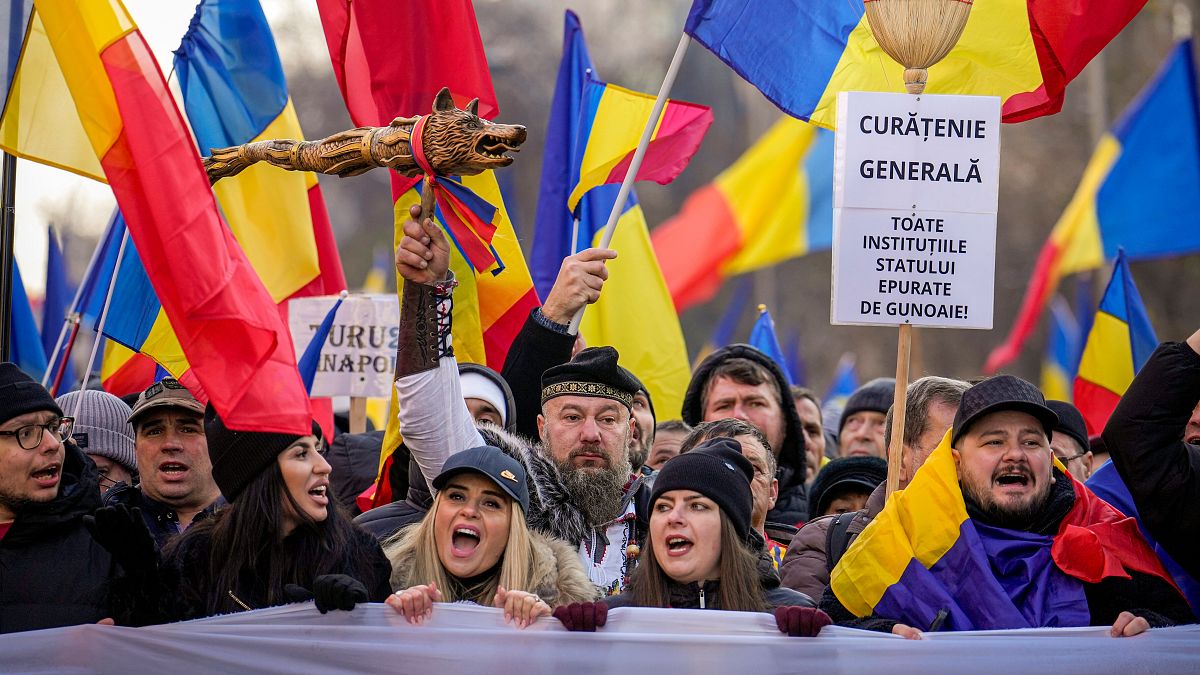Response to the Government’s tightening of the migrant exploitation visa has been mixed, with some in the sector saying it was needed and others saying it will come at a cost to both the country and vulnerable migrants.
The Migration Exploitation Protection Work Visa (MEPV) was launched in July 2021 and was designed to help migrants leave exploitative situations quickly while remaining lawfully in New Zealand.
It gave migrants time to find new employment, with the potential of an extension if they were unable to secure a job within six months.
However, Immigration Minister Erica Stanford said in an announcement that the current criteria was “too broad” and risked prolonging the time migrants remain vulnerable.
Changes coming into effect at the end of October will remove the ability to apply for a second protection visa for an additional six months. The initial six-month duration of the visa will remain.
Stanford said a two-week transition period will allow current MEPV holders with visas expiring on or before November 30 to apply for a second if required.
“This alongside introducing an English language requirement and a minimum skills or experience threshold to the Accredited Employer Work Visa (AEWV), signals this Government’s commitment to reducing the opportunity for migrant exploitation.”
Criteria was also narrowed to only include those in a genuine employment relationship, excluding those who have lost their jobs because of redundancy or liquidation.
Immigration adviser Arunima Dhingra said it was “great” that the visa was still there for people who actually need it.
“It was being exploited by those people that didn’t deserve to get it, because the bar was too low.”
Others were more concerned, with immigration lawyer Simon Laurent saying he believed the changes would not protect migrants.
“The reason for that is that migrants may find real difficulty in finding further employment in order to remain legitimately in New Zealand.”
Labour’s immigration spokesperson Phil Twyford said he was “really worried” people already in dire situations would have their options reduced now.
“They’re just going to have to pack up and go home, in many cases carrying a big debt and feeling really bad about their experience in New Zealand.”
Green Party immigration spokesperson Ricardo Menéndez-March said Stanford was “leaving behind” some of our most exploited migrants.
He said these were the ones “working under the table” and “being bought by labour-hire companies”.
Colombian architect Diego Rojas is one of more than 2000 granted migrant exploitation work visas after a promise of full-time work his visa was reliant on fell through.
“If I had known, maybe we wouldn’t have made the decision to leave.
“I have been in the construction sector for 12 years and can contribute. My wife in the financial sector can contribute. My daughter has adapted to the country, leaving would be a significant blow to her.”













